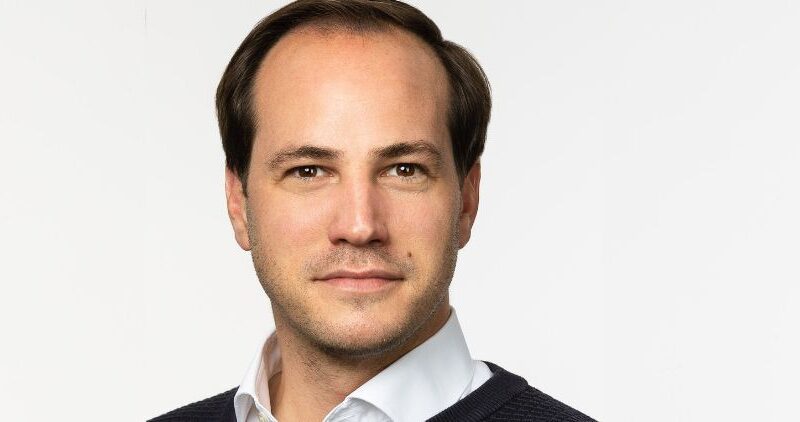Antler, the zero-day investors, recently pushed a report revealing the background and aspirations of tens of thousands of unicorn and aspiring founders. The report, Europe’s New Tech Founders 2023 was released at Antler’s first European Founder Conference and suggests that, despite the tech downturn, confidence in the tech sector is high as more people, from more diverse backgrounds, are entering the tech sector.
During the London Tech Week, Antler partner Christoph Klink joined TFN to discuss the report, its findings, and what he thinks it means for the future.
Ground-level investment and support for founders
Klink joined Antler from McKinsey, where he had also been a partner and worked extensively in mergers and acquisitions. Starting in early 2020, he was attracted to Antler because he “felt it would be a time for disruption.” And Antler plays an almost unique role in funding. “We think of ourselves as the zero investors,” he explained. “We want to work with founders and get to know them while they’re still validating their ideas.” With very few investors working in the space, there is no shortage of applications to Antler, Klink says they get around 100,000 applications a year, a third of them from Europe.
Working at the very start of the startup journey gives Antler early insight into how the sector is changing, and what the founders and unicorns of tomorrow will look like. And, based on their report, that appears to more diverse than the founders of today.
Klink does point out that there is still a long way to go. The report highlights that there are plenty of similarities between unicorn founders; the identikit would be of a male (who make up 96% of founders), and building a company in their home country having attended one of just 20 universities. However, he also points out that the make-up of new founders is changing rapidly, because of the downturn and the nature of tech itself.
“Two things are happening,” he suggests. “One is that you may be laid off. It’s a personal tragedy, but a lot of people take that as an opportunity to start something new.” However, he adds that some are leaving roles by choice. “The opportunity costs of leaving have changed. Two years ago, your stock options were worth a lot, you were a wealthy person on paper. Now, the value of those is deteriorating. And, at the same time, your work is changing, your focus is cost consolidation, streamlining; it’s not the fun topics, anymore!”
Whatever the cause, the net effect is the same, people are leaving existing tech companies to start something new. And Klink says they’ve seen a five-fold increase in the numbers of founders coming from those companies.
The changing face of new founders
The different drivers and experience behind new founders are also changing what they look like. The report finds they are five times more likely to be women, and represent three times as many nationalities than the current unicorn founders.
“The share of women founders was between zero and 6%, and it’s relatively stable over time. But it may be starting to change, and starting to change very quickly,” says Klink. “There are more than five times as many women applying to Antler, and we are actually taking an even higher share into our residencies.” And he notes that diversity is increasing across the board. Geographical diversity, for example, is improving, with more and more applications from outside the traditional tech capitals. “It’s becoming more decentralised because talent, whether male or female, engineer or business, may be living in Berlin, but may be in Karlsruhe, they may be in London, or they may be in Manchester. With technology, it’s a lot easier to build a business outside these major hubs.”
For those who are thinking of a startup, it appears that matching the identikit of a founder may still help, and the UK is well-placed for that. The country continues to produce a healthy number of founders, and of those top universities, Oxford takes the top spot, while Cambridge and Manchester are all in the top ten. Klink doesn’t dispute that some universities and businesses are currently the engine room for startups, but believes success also comes from looking beyond them. “If, as an investor, you look for the ‘badge of honour’ of one of those universities or businesses, you would have missed 60% of the unicorns.”
“There is a fairness element, capital should be available to everyone,” he says. And until it is, investors, founders, and the wider public are missing out. “When you look at it from a macroeconomic perspective, there are people who are not yet enabled to pursue an entrepreneurial career who would make great founders.”
Interview by Akansha Dimri during London Tech Week.















